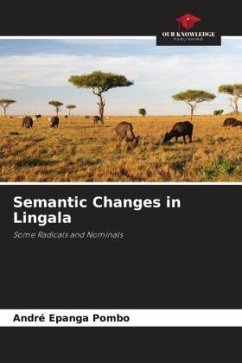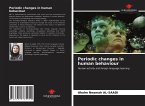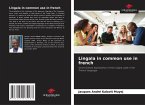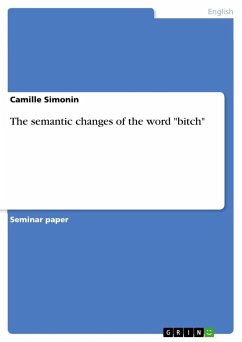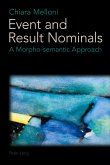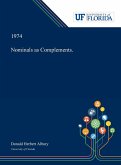The contact between communities influences the languages they speak. Beyond the spatial and human aspect of these encounters, there is also time, which plays a role that is no less important for the languages. These influences inexorably lead to changes in the habits and behaviors of the members of these communities. Language is precisely one of the elements through which these behaviors pass, or rather, one of the channels through which they manifest themselves.Thus, any change in a community is more likely to be found in the language it speaks. Lingala has certainly gone through this process. Indeed, during its history, the communities speaking this language have come into contact with several other communities as well as their language has traveled to several regions. This justifies the changes that it records.We study here, in a diachronic or historical perspective, some changes undergone by this language at the semantic level.We compare two successive states of this languageon this level through a sample of 20 items. From the signs we end up with the meanings or concepts they represent today.
Bitte wählen Sie Ihr Anliegen aus.
Rechnungen
Retourenschein anfordern
Bestellstatus
Storno

